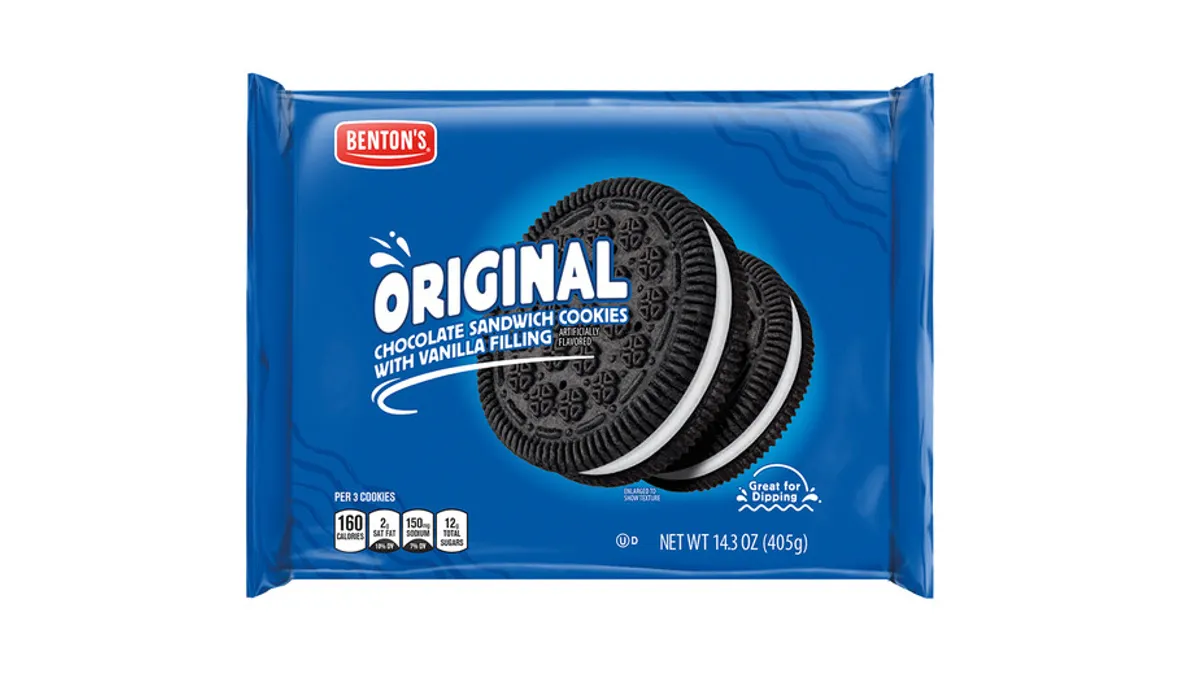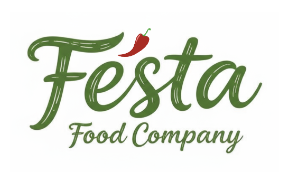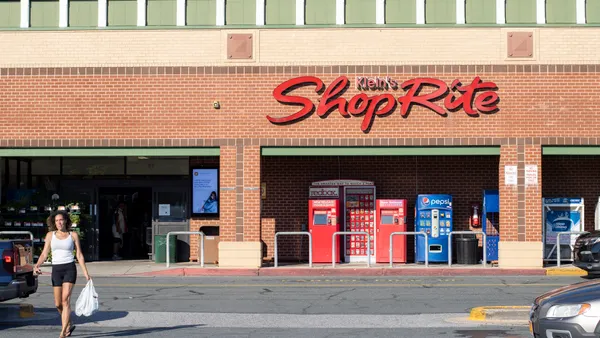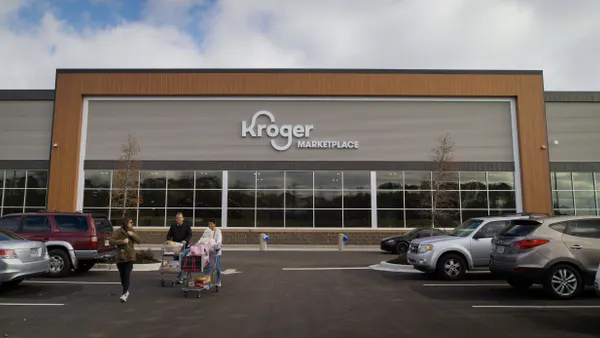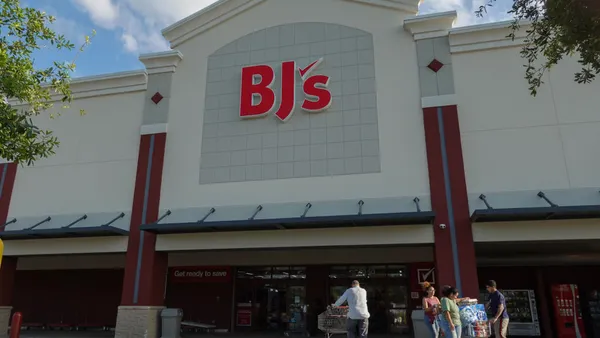Dive Brief:
- Mondelēz International is demanding that Aldi change the packaging for several of its private label snacks, alleging in a lawsuit that the grocer’s offerings copy the packaging of Oreos, Chips Ahoy! and five other of the snack giant’s brands.
- The lawsuit, filed on May 27 in the U.S. District Court for the Northern District of Illinois, claims Aldi’s packaging is “likely to deceive and confuse consumers” who may associate a connection between the retailer and snack maker. Mondelēz is seeking damages and a permanent injunction to block Aldi from using the disputed packaging for its products.
- The lawsuit adds to the list of recent copyright infringement cases against Aldi globally.
Dive Insight:
Mondelēz contends Aldi’s snacks “blatantly copies and trades upon the valuable reputation and goodwill” that Mondelēz has built across its cookie and cracker brands. Mondelēz claimed Aldi ignored its “reasonable requests,” leaving it “no choice” but to sue.
Aldi “seeks to ride the coattails” of Mondelēz’s reputation, the lawsuit alleges, with the retailer copying the packaging “in order to benefit from its power of attraction, fame and/or prestige.”
The grocer’s alleged copyright infringement would “threaten to irreparably harm Mondelēz and its valuable brands.”
The 36-page complaint included exhibits displaying Mondelēz’s packaging next to Aldi’s packaging. The brands tied to the lawsuit are Oreo, Wheat Thins, Nutter Butter, Chips Ahoy!, Nilla Wafers, Ritz and Premium saltine crackers.
In the case of Oreo, the Chicago-based food manufacturer said Aldi uses product attributes similar to those found on the popular cookie’s packaging. These include the prominent display of a tilted cookie, the blue background on the packaging and a lighter blue halo around the cookie.
Oreo is the world’s top-selling cookie with more than $4 billion in annual sales.
Mondelēz claimed Aldi “has a pattern and practice of selling products in packaging that are unacceptable copies” of the snack maker’s packaging. The Chicago company said it had contacted the retailer on “numerous occasions” in the past objecting to its “confusingly similar packaging” for brands including Oreo, Teddy Grahams, belVita, Tate’s and Triscuit.
While Aldi discontinued and/or changed some of the designs following Mondelēz’s objections, the food manufacturer said several offerings still copy its packaging.
Aldi did not respond to a request for comment.
Along with what’s inside, packaging can be a big factor in deciding whether a shopper will decide to buy a product.
A study by Shorr Packaging in 2020 found that packaging was important for seven out of 10 individuals. And a 2018 Ipsos study revealed 72% of consumers said packaging design often influenced their purchase decisions.
A Mondelēz spokesperson declined to discuss the lawsuit, noting its policy of not commenting on active litigation.
Aldi has faced other lawsuits over its packaging. Earlier this year, a United Kingdom appeals court ruled that Aldi’s cloudy lemon cider infringed on Thatchers Cider’s trademark. At the end of 2024, an Australian court found Aldi liable for infringing the packaging of three products from Hampden Holdings.
Mondelēz is taking action as more consumers turn to private label offerings in pursuit of value. Earlier this month, Mondelēz sued to halt a collaboration with Ghost energy drink and protein products that use brands such as Sour Patch Kids and Nutter Butter. Mondelēz claims it was not asked for permission to continue the partnership when Ghost was acquired by Keurig Dr Pepper, constituting a breach of contract.


